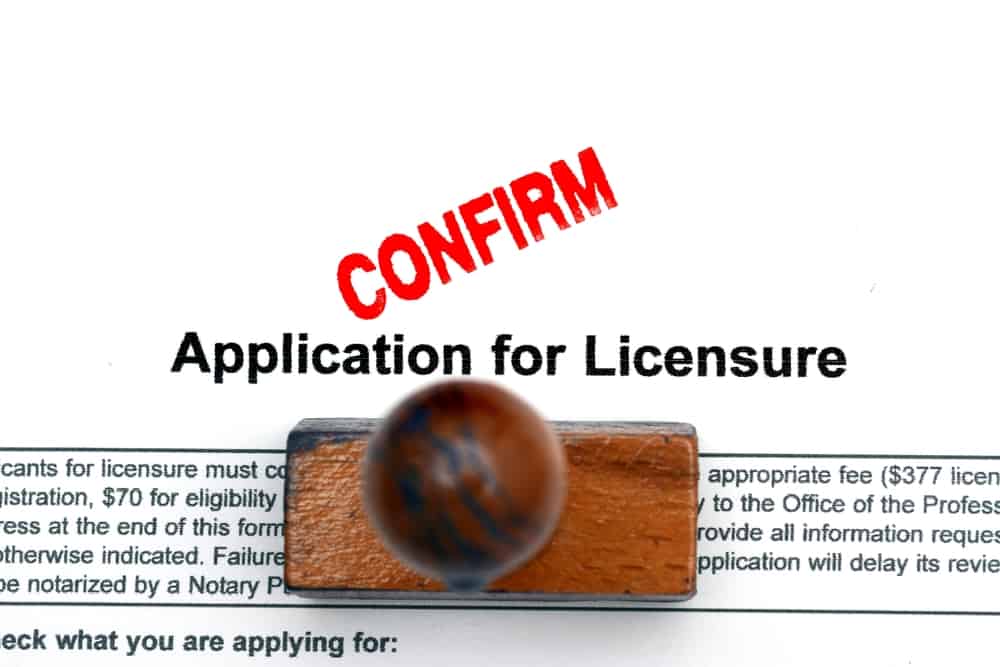You already got a brilliant idea, done research, and chosen a domain name for your eCommerce business. However, it would help if you still were careful not to overlook regulations and laws governing the eCommerce space. Skipping a seemingly obvious legal requirement in the early phases of developing an eCommerce store can haunt you down the line. Here are some of the crucial legal steps to consider when launching a new online brand.
1- Create a Business Entity
It might be necessary to involve a tax specialist in deciding on your business structure. A tax specialist will help get the right business structure at the outset. Starting as a corporation or LLC makes sense for most new online stores. You can choose a business structure yourself, but involving a professional will pay off by ensuring you make the right decision for your business. A professional will also advise on the actions you need to take to get started.
2- Trademark Registration
The first step before registering a trademark is making an official search to ensure that the domain name and structure are legally available. Unfortunately, it seems common to skip this step, but the consequences can cost you a fortune. Most eCommerce businesses find themselves re-branding a few weeks after launch due to not making an official domain name search. Searching for a business name online may not be sufficient because an infringement can occur when your brand uses the same name as another. Trade infringement can also occur when two brands with similar names confuse. However, investing a few dollars in research can save you headaches and thousands of dollars you’d have spent on re-branding.
3- Licensing and Taxation
Get in touch with your local licensing board to know the business licenses you need before launching an online business. The legal requirements for starting an eCommerce brand vary across jurisdictions, so get in touch with the state, county, and city authorities. You may consider hiring a local attorney for guidance on everything needed to get started. However, don’t think that setting up an online store without a physical location will let you off the hook. Make sure you understand all the legal requirements of starting an online business in your area and don’t assume anything.
Tax payment is a normal part of life. Similarly, eCommerce business owners should factor in tax payments as part of their business. One step an eCommerce owner can’t skip is considering tax payment as part of business operations. Overlooking this may result in a high tax during the taxation period. Factor in all taxes, including those you pay on each sale and earnings. Consult a tax specialist to learn how much tax you should charge on your products and services to comply with the law. You also need to know the amount of profit to set aside for tax payment. Take time to double-check that every legal requirement is met before launching an online business.
4- Develop a Privacy Policy
Online brands are obliged to protect their customers’ personal information and data. Developing a privacy policy helps shield your online store from legal liabilities caused by data breaches. These policies can include how an eCommerce business handles, uses, and secures its data. But don’t quit at formulating a privacy policy. Instead, follow and implement it. Introduce guidelines and rules to ensure that everyone in your eCommerce business understands your privacy policy requirements.



